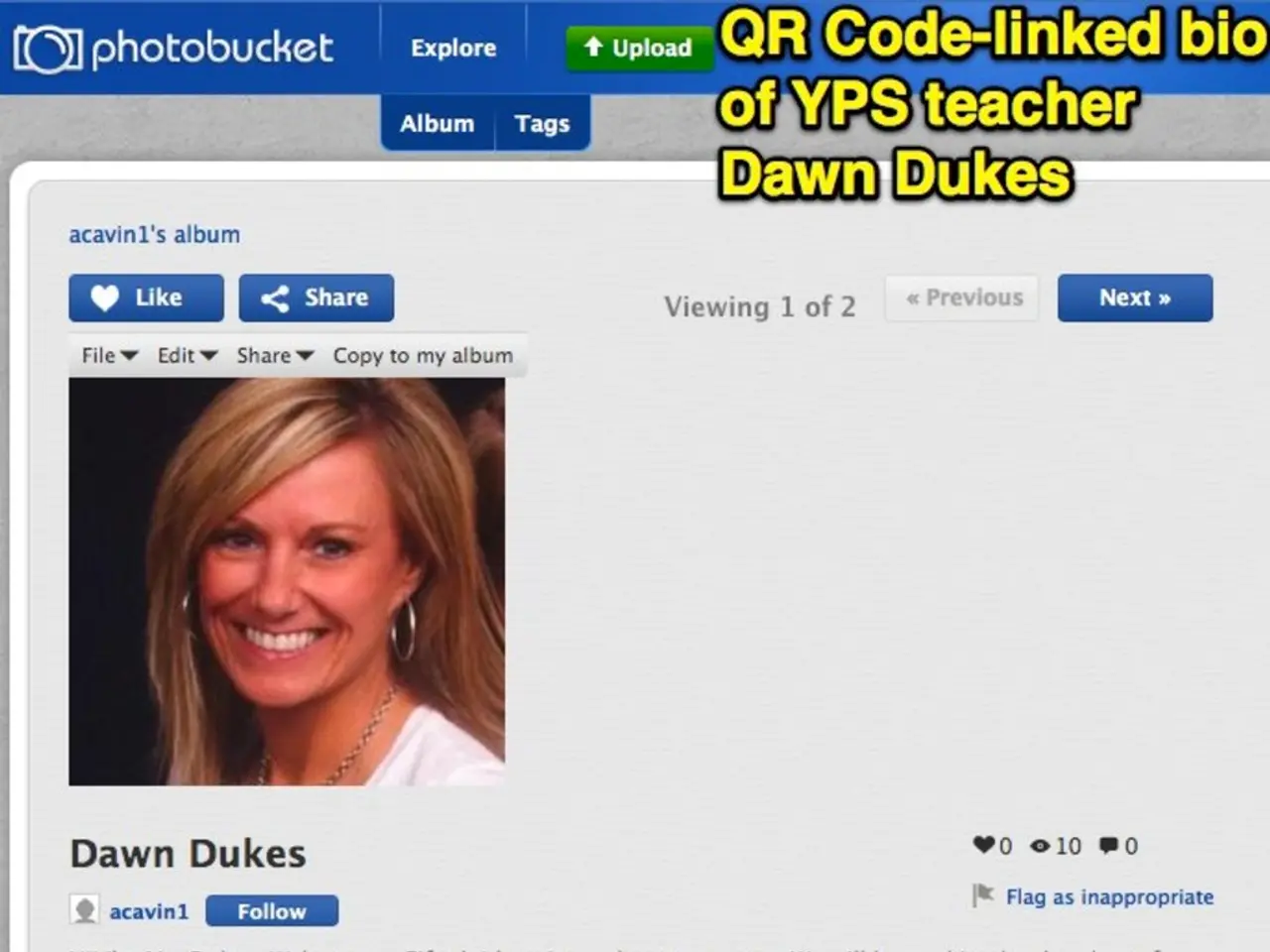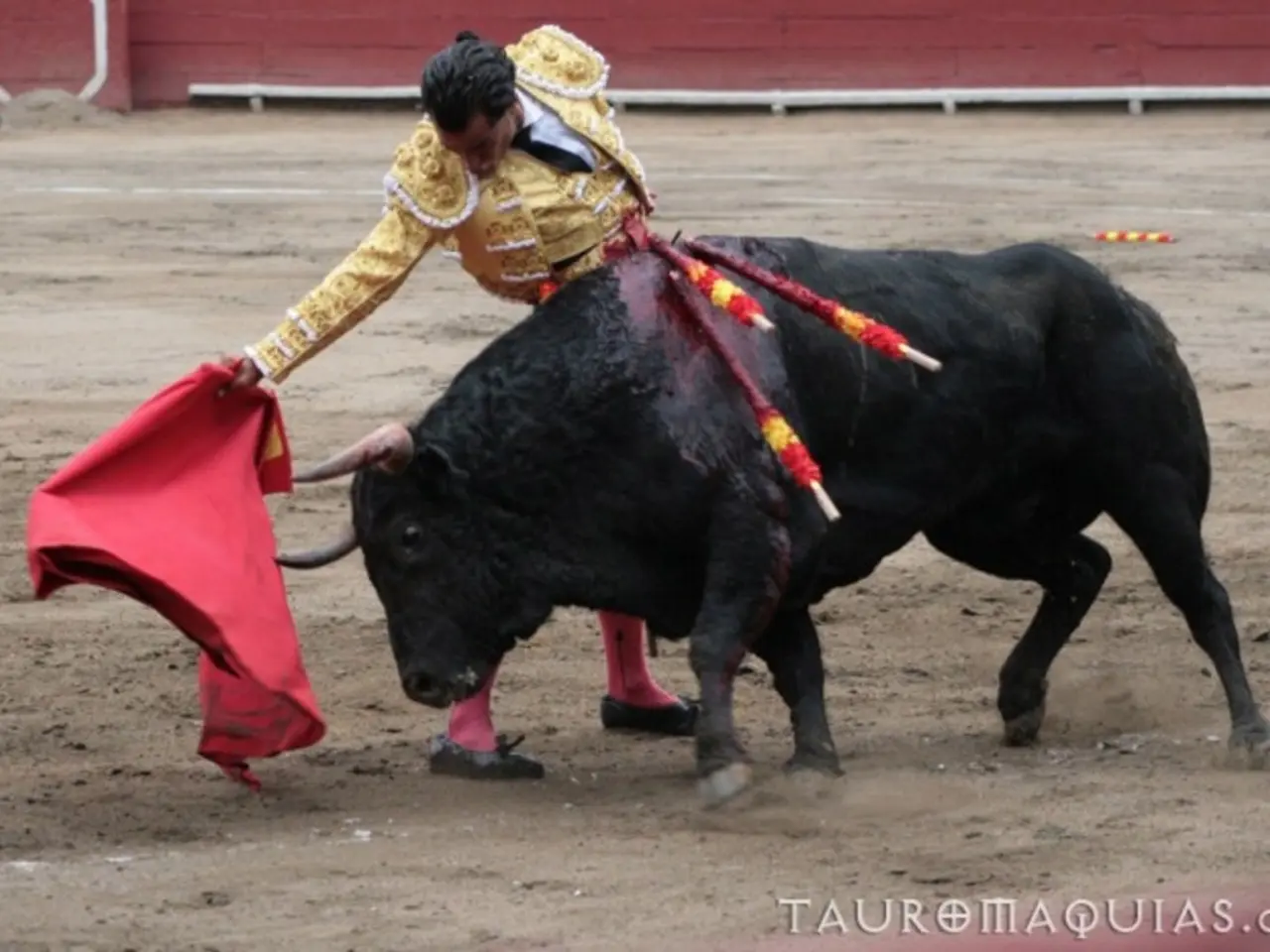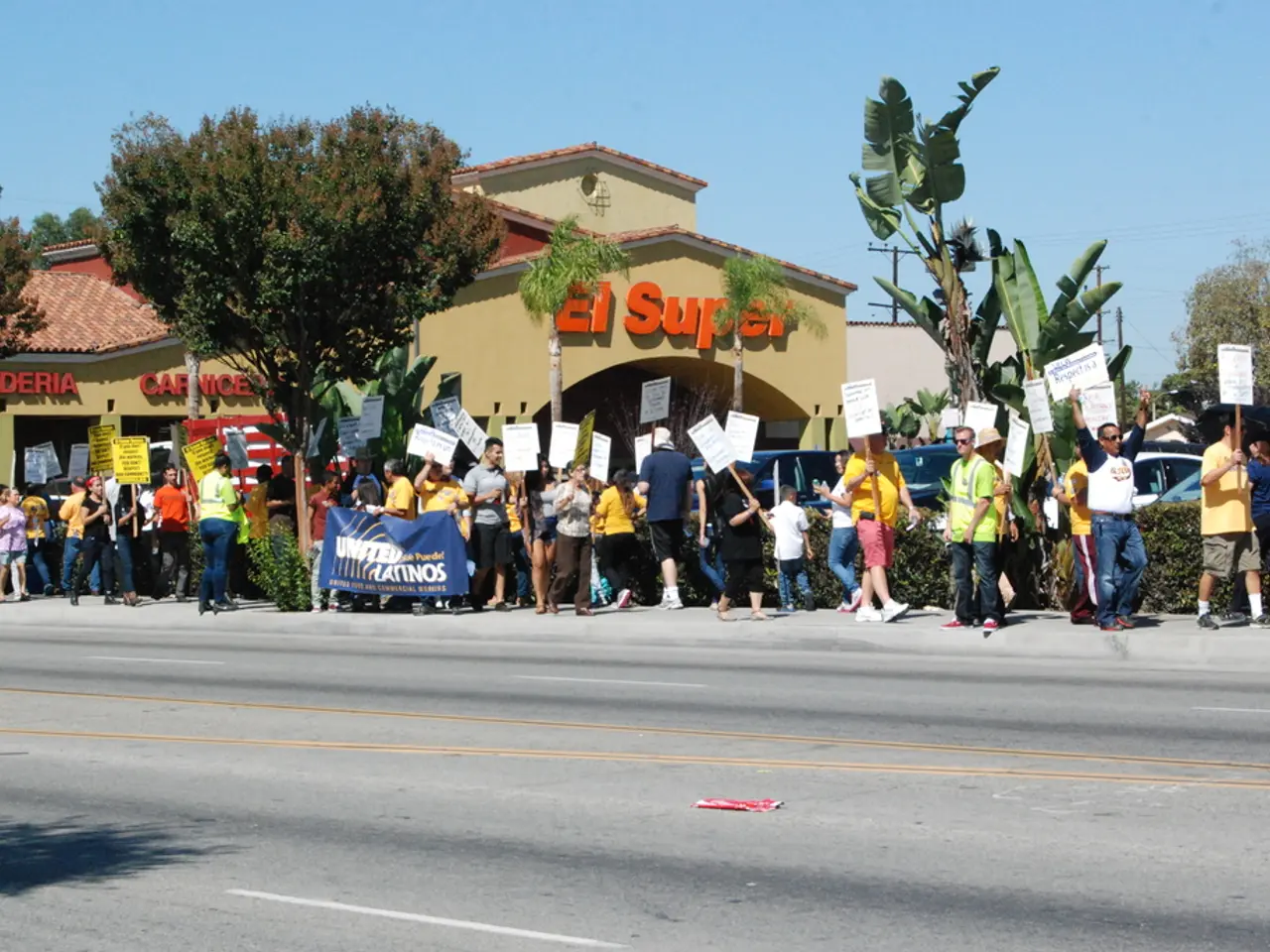Controversial online platforms 4chan and 8chan: their origins and impacts
4chan, a renowned English-language imageboard, was created in 2003 by Christopher Poole, also known as "moot." Inspired by Japanese sites like Futaba Channel (2chan), 4chan was founded as a reaction against the heavy moderation of Something Awful, an influential forum where Poole had been active. Initially focused on posting anime images, 4chan quickly became known for its extremely lax moderation policies, fostering a culture of complete anonymity and freedom of speech on its various boards[1].
Notable contributions of 4chan to internet culture include being the birthplace of many well-known Internet memes and viral phenomena, serving as the origin of the hacktivist collective Anonymous, and creating a foundation for the conceptual and format influence of many later imageboards and anonymous forums[1]. However, 4chan's open culture cultivated a breeding ground for controversial and problematic activities.
The site gained notoriety as a venue for publishing provocative, offensive, and sometimes illegal content, including the hacking incident where nude celebrity photos were leaked. Constant exposure to cyberattacks, including severe hacks that took the site offline for extended periods and led to the leaking of 4chan’s source code and moderator information, further contributed to its controversial reputation[1][2].
One of the most consequential phenomena originating from 4chan is the QAnon conspiracy theory, which started with cryptic posts ("Qdrops") in 2017 alleging secret knowledge within the U.S. government. This conspiracy later migrated to similar platforms such as 8chan and was linked with real-world violence and broad misinformation campaigns[5].
Over time, the combination of minimal moderation, anonymity, and controversial content led to 4chan evolving from a meme and image-sharing site into a platform frequently associated with extremist views, hacks, conspiracies, and internet subcultures that challenge mainstream norms[1][2][5]. The site's ownership changed hands in 2015, which further influenced its direction and community dynamics[1].
Archival efforts for its history and culture have been hindered by its unstable and secretive nature, with much of its early history becoming folklore documented in scattered wikis[3]. Notable after 4chan includes the launch of 8chan in 2013, which became infamous for its /pol/ (“politically incorrect”) board, a hub for far-right rhetoric, extremist viewpoints, and conspiracy theories[1][2][5]. In August 2019, 8chan went offline due to service providers, including Cloudflare and Tucows, dropping it as a client. In November 2019, 8chan rebranded itself as 8kun and started functioning again, but is currently only accessible from the dark web using the Tor browser.
As many extremists moved from 4chan and 8chan's anonymous message boards to Voat, Reddit, and YouTube in 2019, the impact of these platforms on internet culture and the spread of extremist ideologies remains a topic of ongoing debate and concern.
Social media platforms, such as Voat and Reddit, have become platforms for extremists who once populated anonymous forums like 4chan and 8chan, contributing to ongoing debates and concerns about internet culture and the spread of extremist ideologies. Entertainment on these platforms often includes controversial topics and conspiracies, often rooted in the culture that was initially cultivated on 4chan, like the QAnon conspiracy theory.








